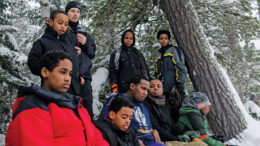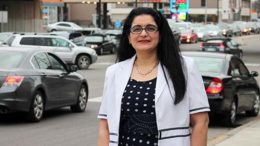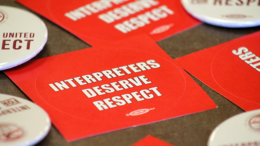Amy Klobuchar Declares to Run for President
Amy Jean Klobuchar, the third term senior senator from Minnesota, stood before chanting crowds and braved frigid temperatures on the 10th of February to make formal what many have long anticipated, her candidacy for the president of the United States of America. She is the first woman elected to the senate from the state of Minnesota, and if successful in her bid, will become the first woman to ascend to the highest office of the land. The Democrat senior senator boasts an impressive resume. As the older of two girls born to Rose Katherine and John Klobuchar, Amy went to Yale University for her undergraduate studies and later the University of Chicago for Law from which she graduated in 1985. She was a partner at two law firms before being elected to serve as Hennepin County’s attorney in 1998 through 2006. Amy was seen as the DFL (Democratic Farmer-Labor Party) favorite to succeed Mark Dayton who in 2005 announced he will not seek reelection for his senate seat. After securing the DFL nomination, she comfortably defeated her opponent in the general election by a margin of 20 points and became the first woman elected to the senate from the State….










